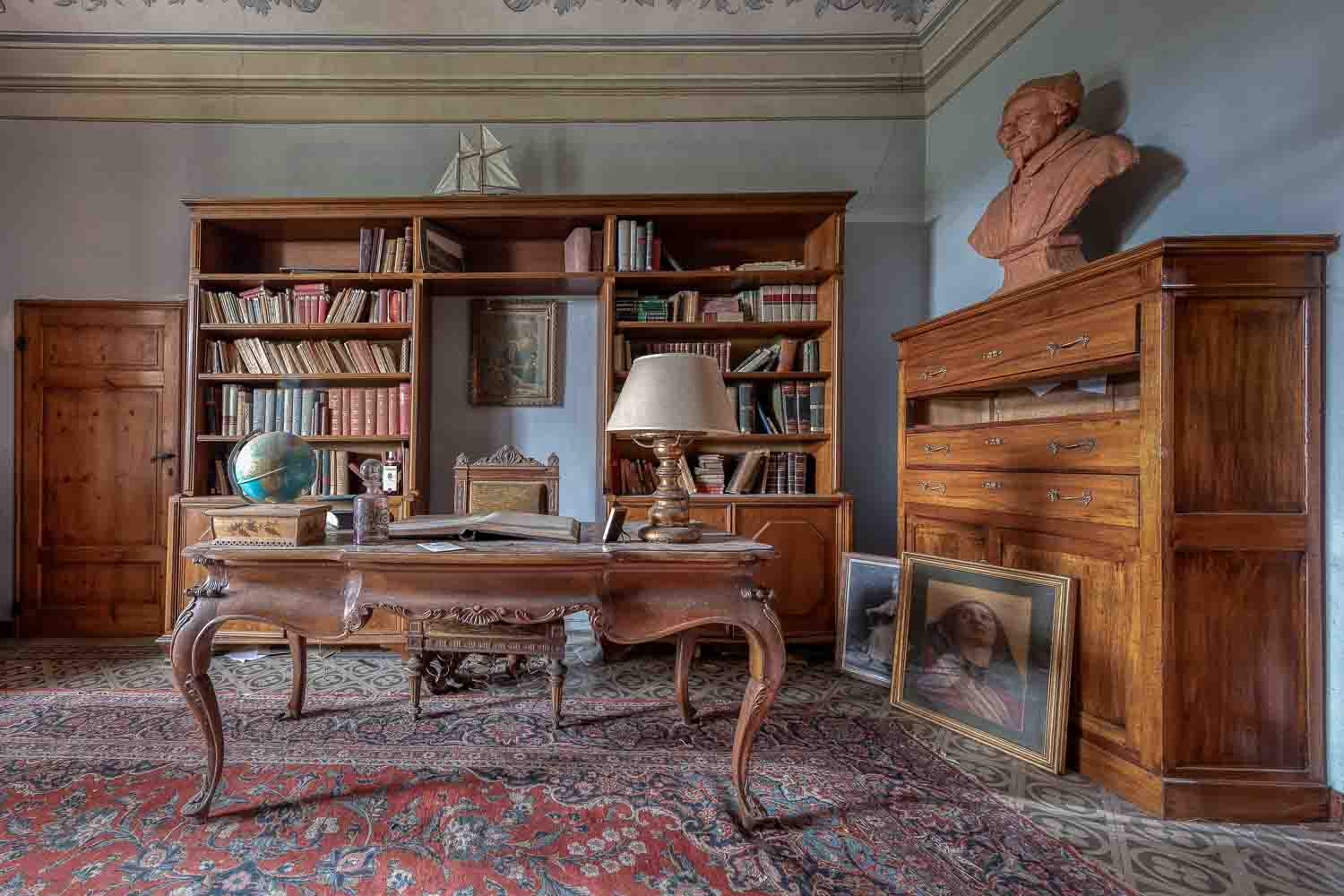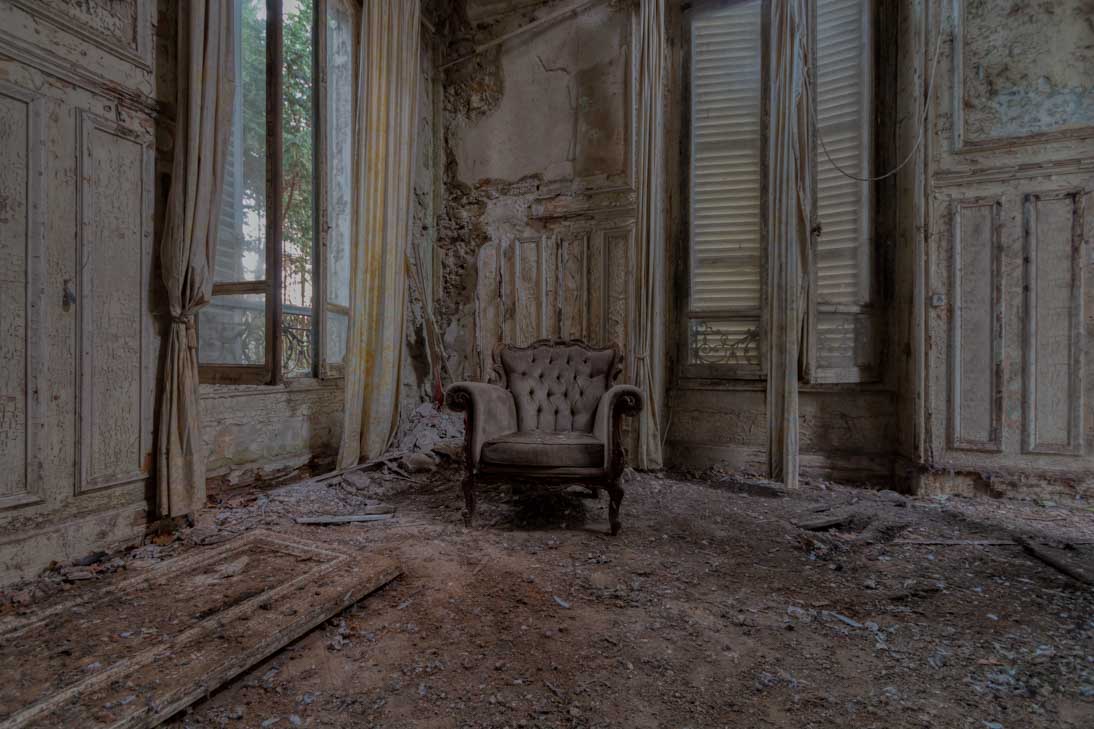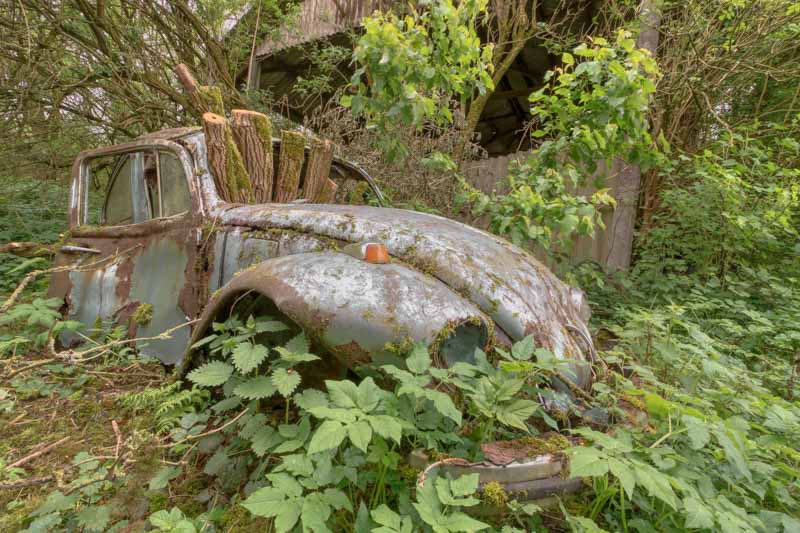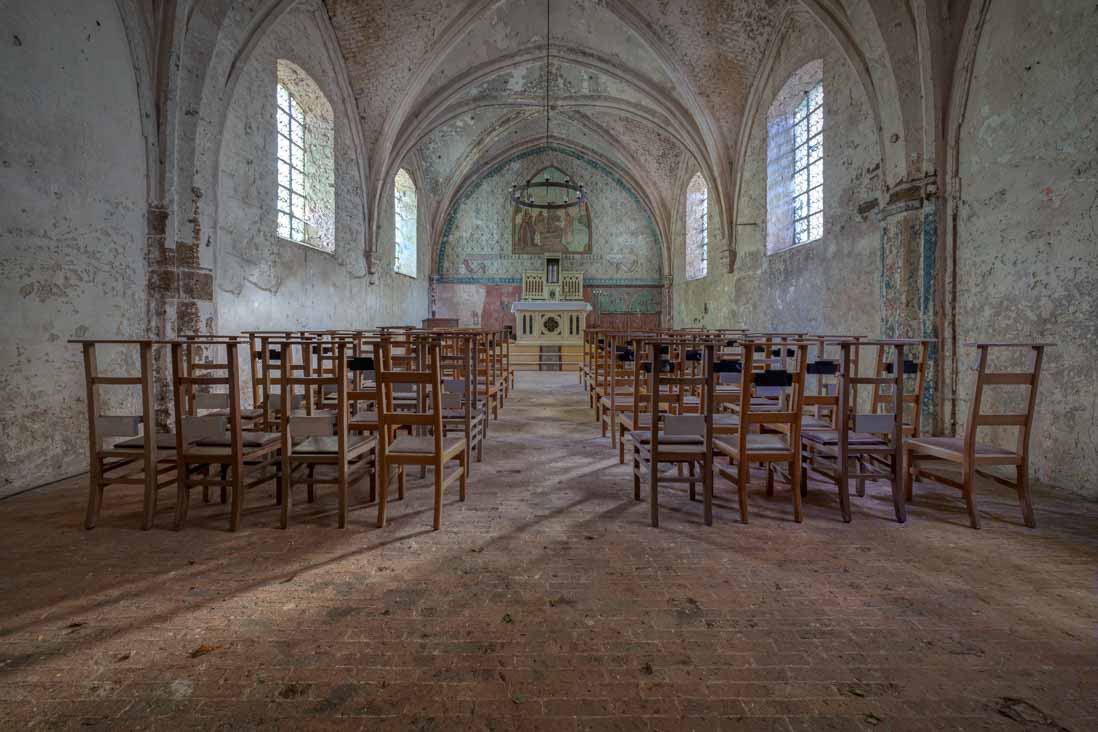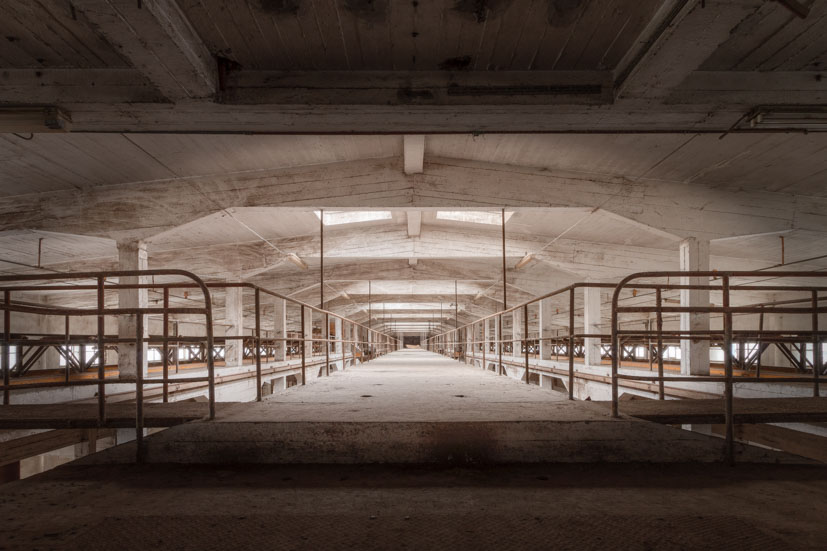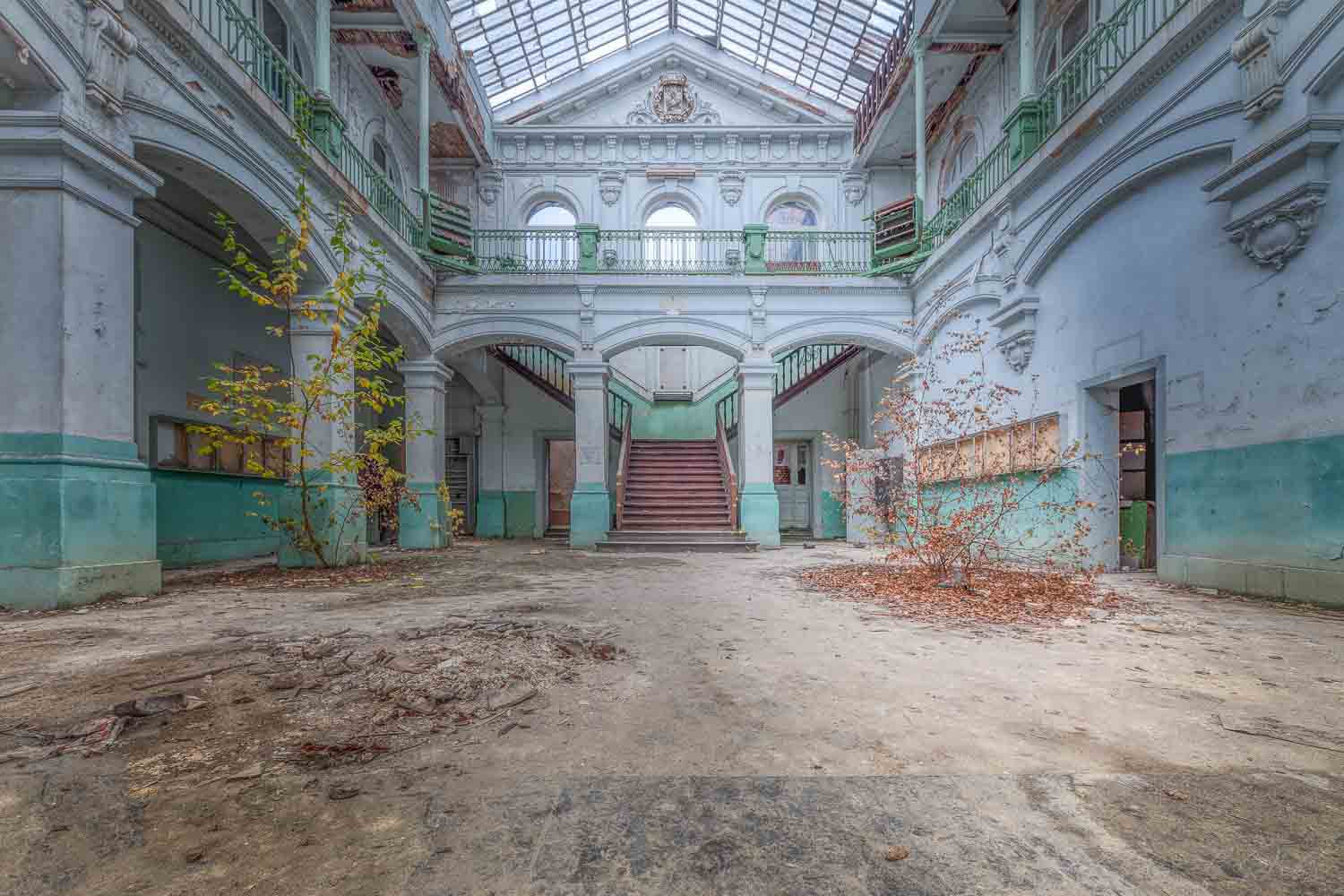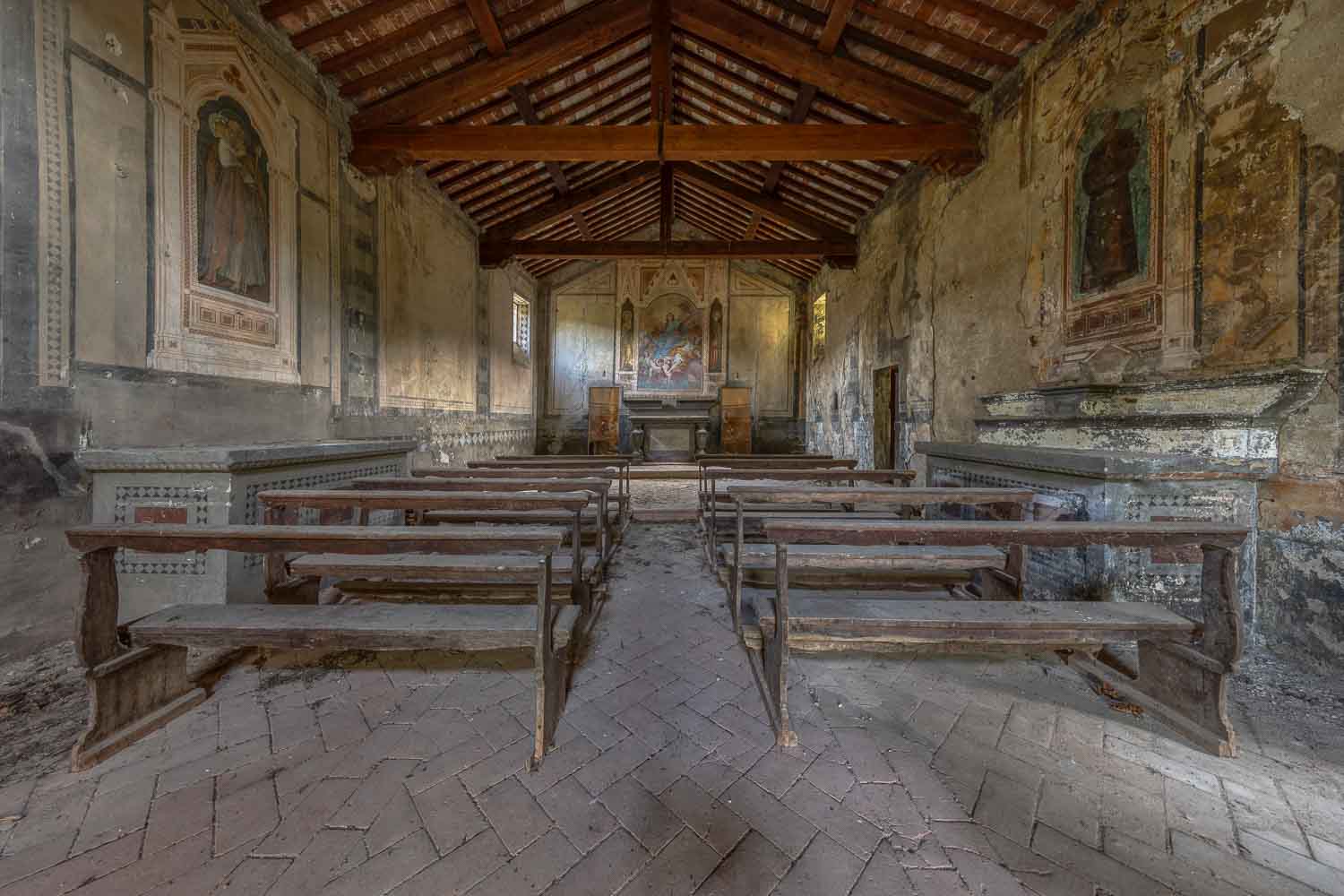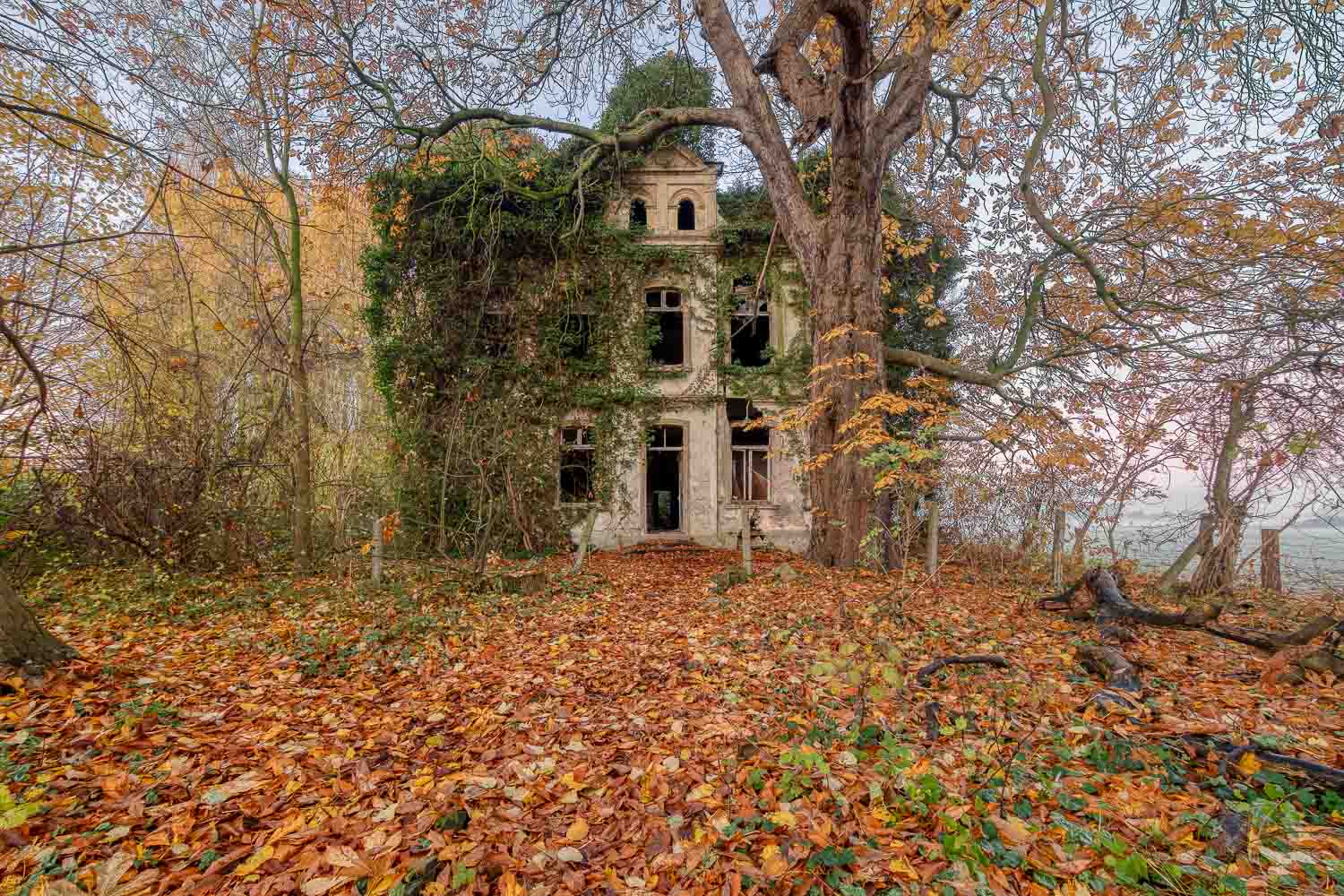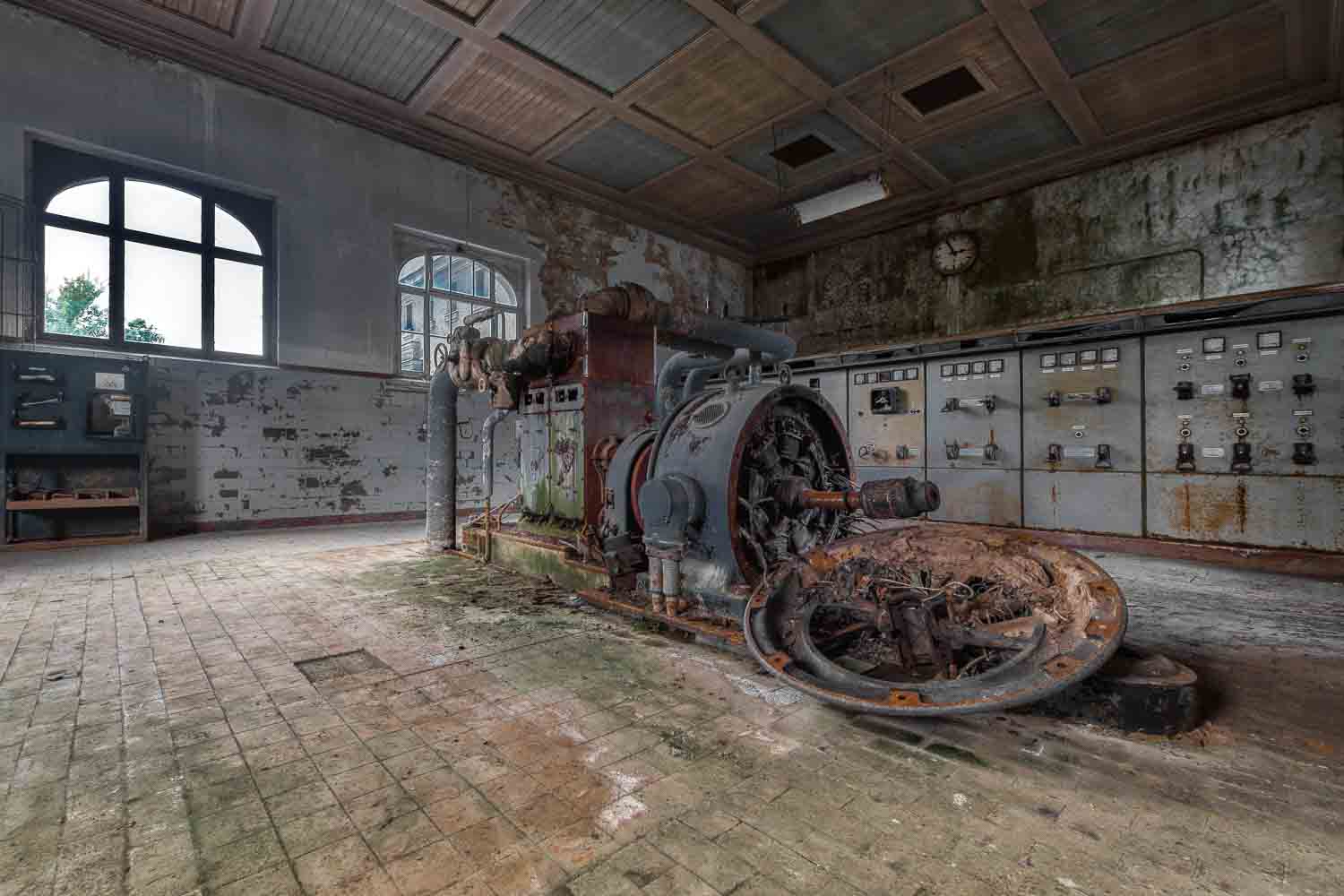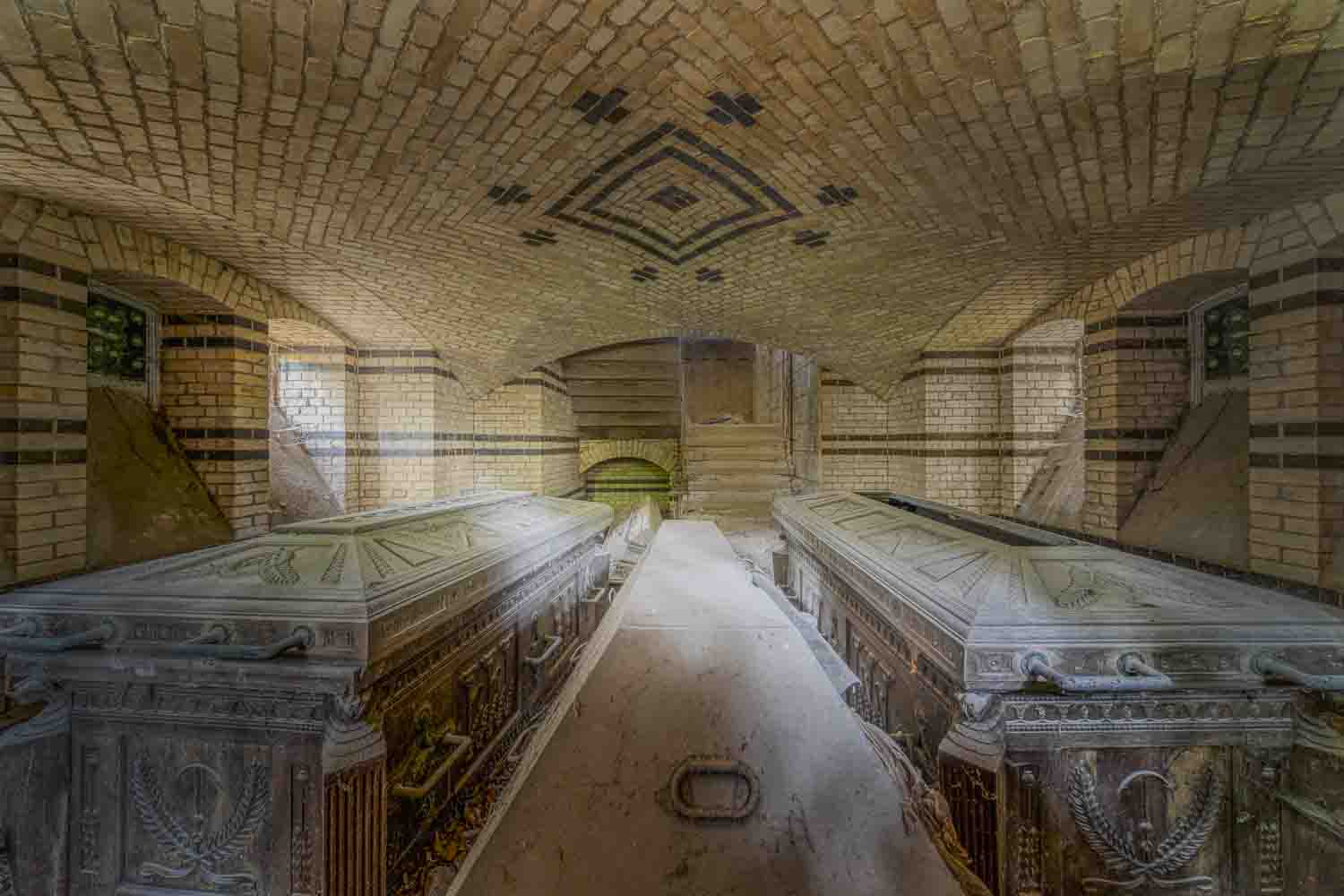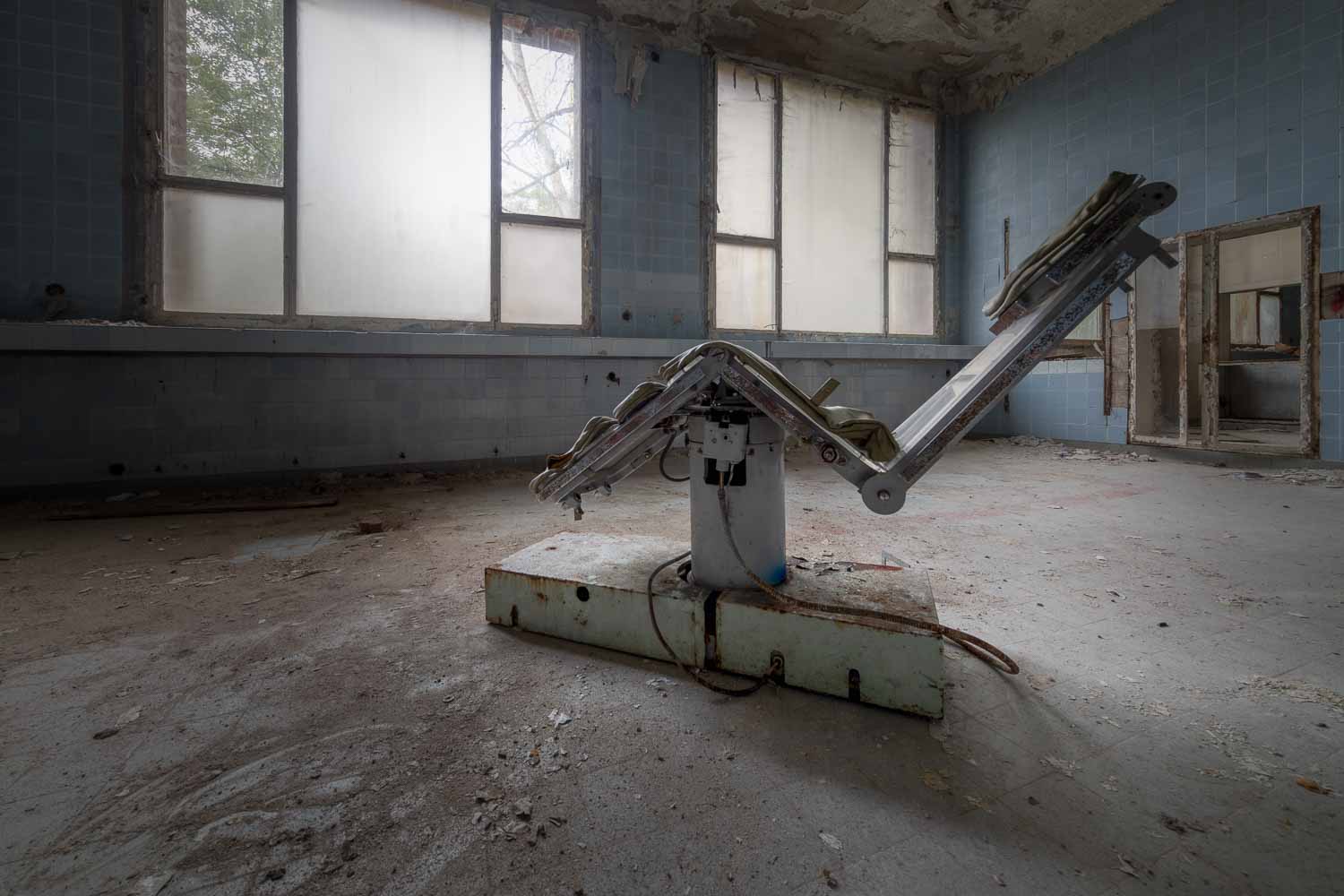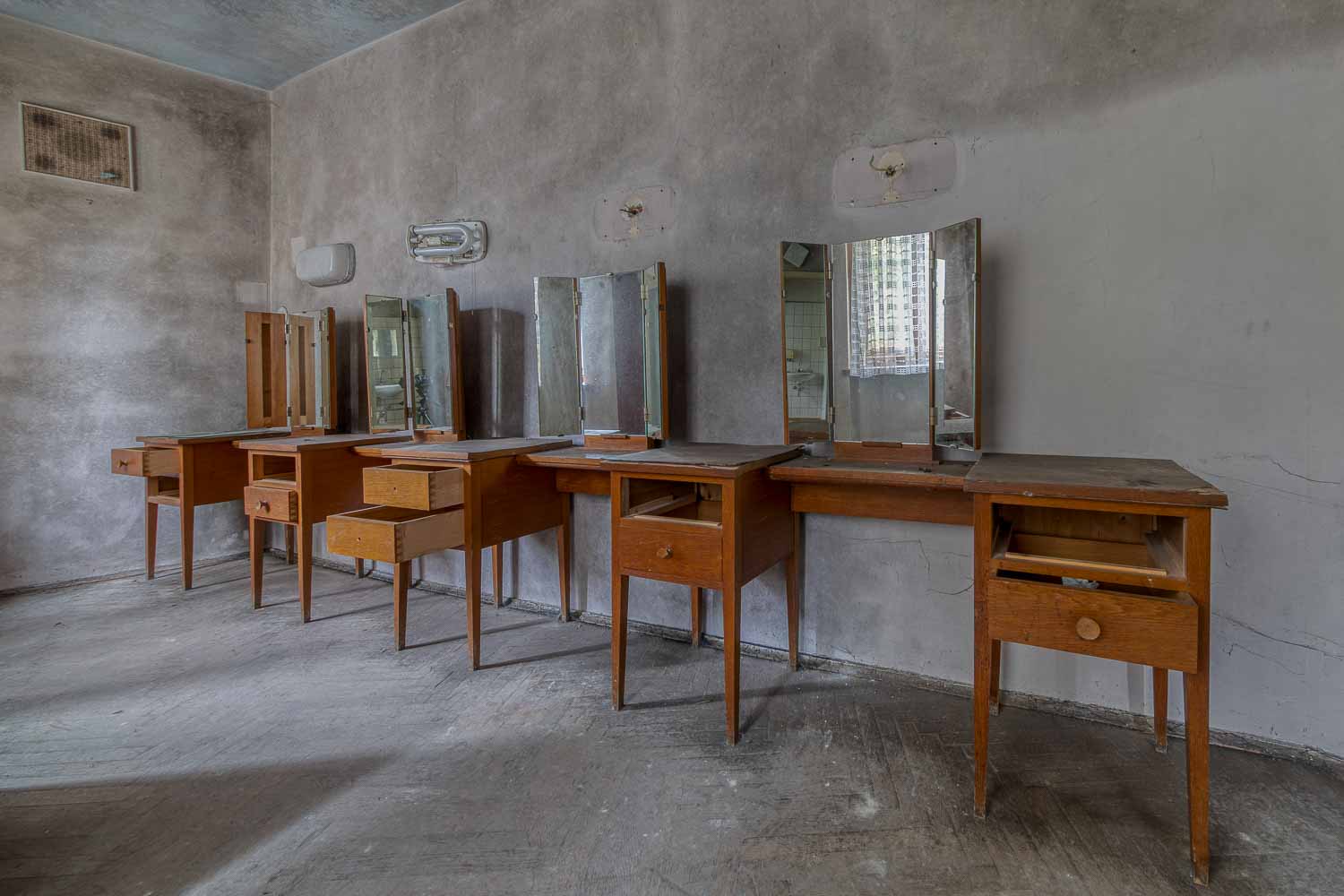Born in the heart of the Ottoman Empire (Turkey), Petros Elia was not the typical villager. Although his childhood in Taftia was modest, his thirst for knowledge led him to a European school in Urmia, Persia. When he returned home, he became a teacher.
He wanted to do more for his people, the Assyrians. So he embarked on a daring mission: a fundraising expedition across the ocean to Canada. Imagine leading seventy-five men, mostly church officials, on a journey to raise money for an orphanage and religious buildings. The nerve!
Back in the Ottoman Empire (Turkey), a new chapter unfolded. He got a position as secretary at a consulate and eventually rose to consul in Urmia (Sirie). It was during that time that he met the love of his life, and together they built a life, with Petros venturing into the world of carpet trading.
Then the First World War broke out, casting a dark shadow. But even amid the chaos, opportunities arose. The Allies recognized the potential of Petros, a man of influence and respect. Tragedy struck his people, the Assyrians, and Petros was appointed army leader.
Although he was a businessman and not a soldier, he became commander of the Assyrian Volunteers. Allied advisors, Russian, French and British, were at his side, matching his lack of military knowledge. What followed was a testament to his courage. Twelve battles, twelve victories against overwhelming Ottoman (Turkish) forces. Most notable was the Battle of Suldouze, where Petros’ 1,500 cavalrymen defied the odds and won against the 8,000-strong army of opponents.
But victory came at a price. Banned. Agha Petros was chased away by the British and refused to give up. He envisioned a new beginning, a refuge for his people. With the help of a kind doctor and a resourceful woman, he obtained a loan and bought a French castle, which he converted into a retreat: Château Novital. This became a symbol of resilience, a testament to the steadfast spirit of the Assyrians.
Petros remained a champion for his people and represented them at the peace conference in Switzerland. Although his life ended abruptly in a French train station, his legacy lives on.
